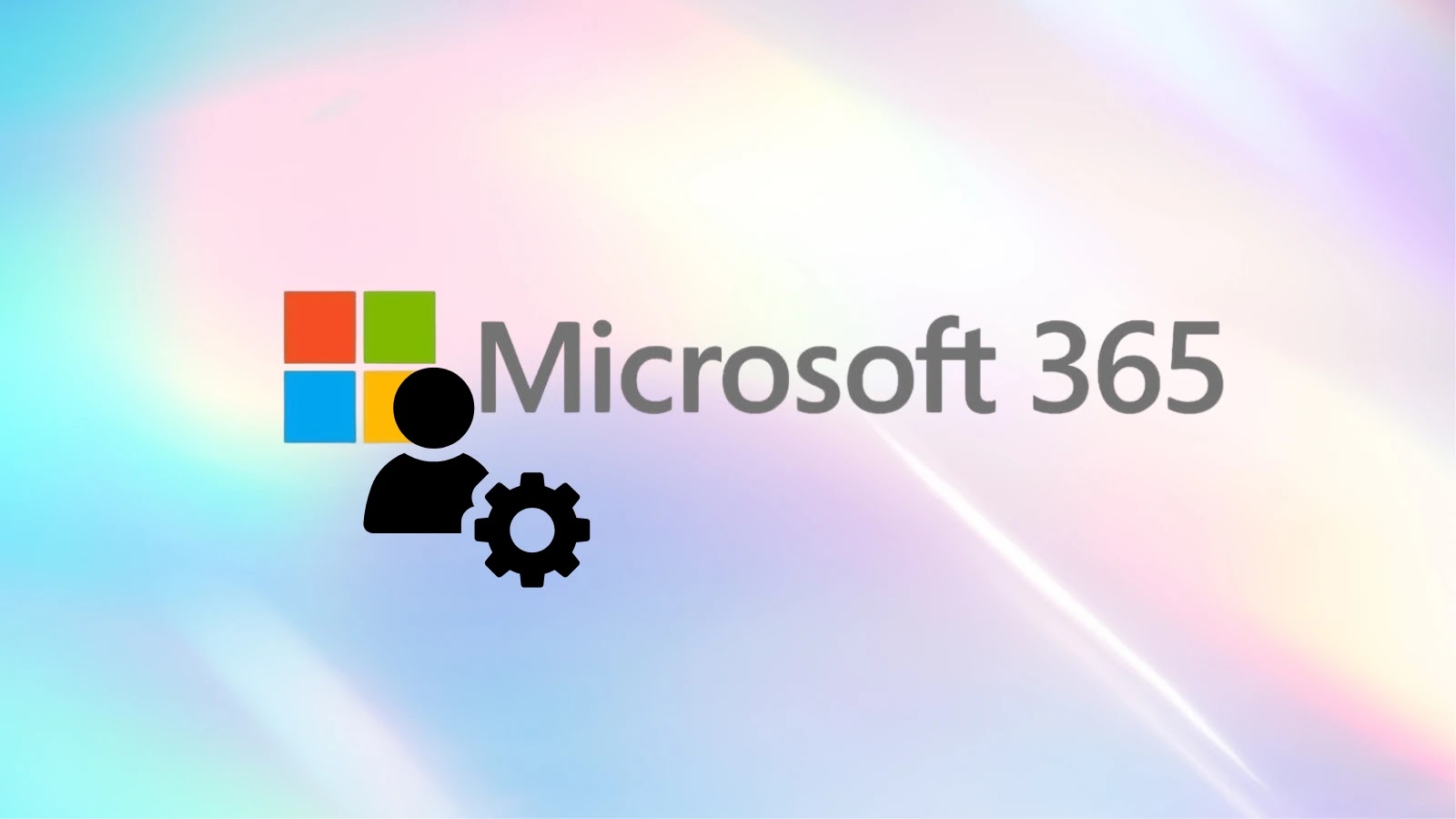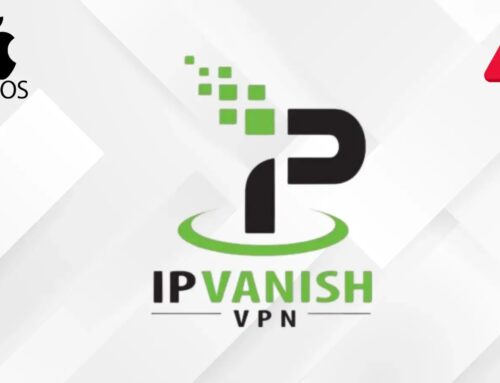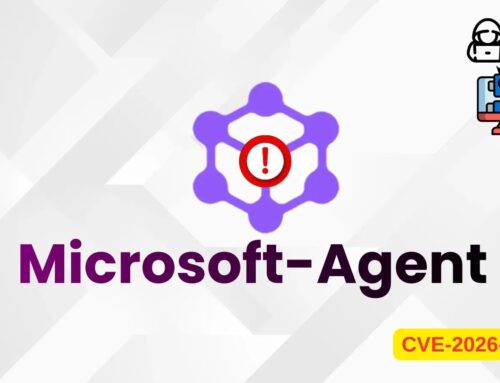
New Microsoft 365 Admin Feature Let Admins Control Link Creation Policies
The rapid proliferation of AI tools within the enterprise brings with it significant governance and security considerations. As organizations embrace solutions like Microsoft 365 Copilot, the need for robust administrative controls becomes paramount. Microsoft is addressing these concerns with a new, critical administrative feature designed to empower IT departments with enhanced control over the sharing and deployment of user-built Copilot agents.
Microsoft’s Proactive Move: Addressing AI Governance
In mid-September 2025, Microsoft plans to roll out a significant new administrative control feature within Microsoft 365. This update is specifically designed to enable IT administrators to manage organization-wide sharing permissions for user-built Copilot agents. This proactive step directly addresses growing enterprise concerns regarding governance, data leakage risks, and security vulnerabilities associated with the widespread deployment of AI agents across their environments.
The essence of this feature lies in providing a tenant-level mechanism for managing user-generated AI components. Without such controls, organizations face potential shadow IT scenarios where users create and share AI agents that interact with sensitive data without proper oversight. This could lead to compliance issues, unauthorized data access, or the inadvertent exposure of intellectual property.
Understanding the Impact on Enterprise Security
The ability for administrators to control link creation policies, specifically in the context of Copilot agents, introduces a vital layer of security. Consider a scenario where an employee creates a Copilot agent that automates a task involving confidential customer data. Without administrative oversight, this agent could be inadvertently or maliciously shared outside the intended scope, potentially leading to a data breach.
While the original source headline mentions “Link Creation Policies,” the core functionality, as detailed in the source, pertains to managing sharing permissions for Copilot agents. This distinction is crucial for cybersecurity professionals. The control over “links” in this context likely refers to the mechanisms by which these Copilot agents can be shared or accessed, which often involve shareable links or direct permissions.
Key security benefits of this new feature include:
- Reduced Data Leakage Risk: By restricting who can share user-built Copilot agents and with whom, organizations can significantly minimize the risk of sensitive data being exposed.
- Enhanced Compliance: IT departments can enforce data governance policies and regulatory compliance requirements (e.g., GDPR, HIPAA) for AI usage.
- Mitigated Shadow AI: Centralized control helps prevent the unchecked proliferation of unsanctioned AI tools that operate outside established security frameworks.
- Improved Incident Response: In the event of a security incident involving an AI agent, administrators will have a clearer understanding of its deployment and sharing scope, facilitating faster containment and investigation.
Remediation Actions and Best Practices
While this new feature offers substantial control, its effectiveness hinges on proper implementation and ongoing management. Organizations should prepare for its rollout by:
- Policy Development: Develop clear internal policies regarding the creation, sharing, and use of user-built Copilot agents. Define what types of information can be processed by these agents and with whom they can be shared.
- Administrator Training: Ensure IT administrators are thoroughly trained on how to utilize these new controls effectively. Understanding the nuances of the settings will be crucial.
- Regular Audits: Implement a regular auditing process to review created Copilot agents and their sharing permissions. Identify and remediate any anomalies or unauthorized configurations.
- User Awareness: Educate end-users about responsible AI usage, data privacy, and the approved methods for creating and sharing Copilot agents within the organization. Emphasize the importance of adhering to established policies.
- Least Privilege Principle: Apply the principle of least privilege when configuring sharing permissions. Grant users and agents only the minimum level of access required to perform their functions.
- Integration with Existing DLP: Explore how these new controls can integrate with your existing Data Loss Prevention (DLP) solutions to create a comprehensive security posture for AI interactions.
Key Takeaways for Cybersecurity Professionals
The introduction of refined administrative controls for Microsoft 365 Copilot agents is a significant step forward in enterprise AI governance. While AI offers immense potential for productivity and innovation, it also introduces new attack vectors and data exposure risks if left unmanaged.
- Microsoft recognizes the growing need for robust AI governance within its ecosystem.
- The feature, expected in mid-September 2025, will allow tenant-level control over user-built Copilot agent sharing permissions.
- This provides a crucial layer of defense against accidental or malicious data exposure through AI agents.
- Proactive policy adaptation and administrator training are essential to maximize the security benefits of this new feature.
Staying ahead in the cybersecurity landscape means adapting to new technologies and their inherent risks. This new Microsoft 365 feature offers a valuable tool for maintaining control and security in an increasingly AI-driven workspace.





